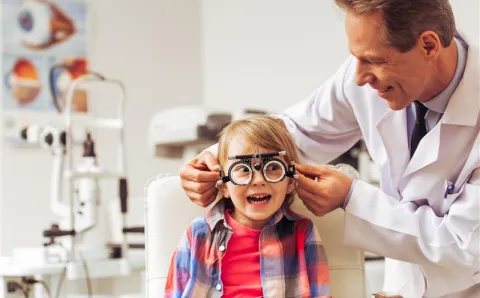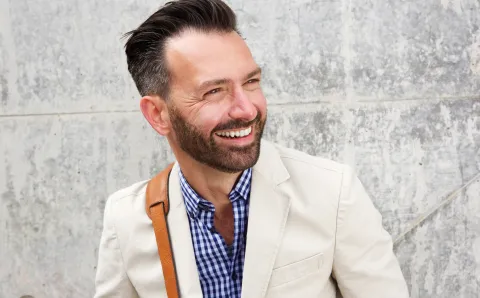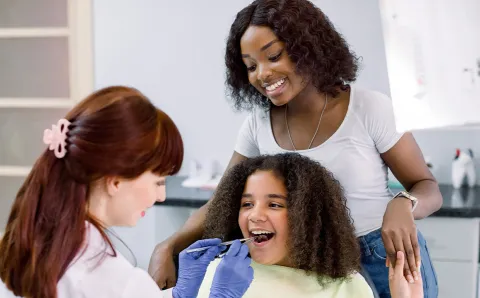Honoring Black History Month: A Legacy of Courage, Care and Change
Each February gives us a chance to celebrate the achievements, culture and leadership of Black Americans throughout history...

Each February gives us a chance to celebrate the achievements, culture and leadership of Black Americans throughout history...

Screens are no longer just for adults. Today, they are a massive part of a child’s daily life. From tablets and laptops used in...

Every November, Rural Health Month gives us the opportunity to pause, reflect and recognize the unique strengths and challenges...

Halloween is one of the sweetest times of the year (literally). Between costume parties, school events and trick-or-treating...

Life moves quickly. Between balancing work, school, family responsibilities and the unexpected curveballs that come our way...

Helping Families Start the School Year with Healthy Smiles
The start of a new school year is always a busy and exciting time...
Enjoy your favorite drinks without sacrificing your smile.
For many of us, a good day begins with a warm mug in hand. Whether...

June is Men’s Mental Health Month. A perfect time to check in with the men in our lives and remind them that mental health is...

If the thought of sitting in a dental chair makes your heart race or palms sweat, you’re not alone. Dental anxiety affects...

As a parent, watching your baby grow and reach new milestones is exciting, but one phase that often comes with both joy and...

© 2026 Advantage Dental Oral Health Center. All rights reserved | Internet Privacy Policy | Patient Privacy Policy | Terms of Service | Security
Gary Allen, DMD, Advantage Dental Group, P.C. | James Thommes, DDS, Advantage Dental Oral Health Center Of Massachusetts, P.C.; Advantage Dental Oral Health And Vision Center Of Alabama, P.C.; Advantage Dental Oral Health Center Of Oklahoma, P.C.; Advantage Dental Oral Health Center Of Texas, P.C. | Cory White, DMD, Advantage Dental Oral Health and Vision Center Of Alabama, P.C. | John Clasen, OD, Advantage Dental Oral Health and Vision Center Of Alabama, P.C. | Neil Williams, DMD, Advantage Dental Oral Health Center Of Florida, PA
